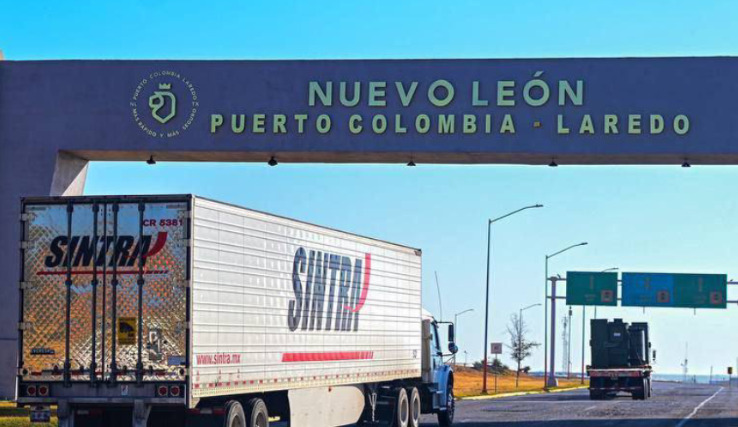The Ministry of Finance and Public Credit (SHCP) proposes more controls on the Strategic Bonded Warehouse (RFE) regime.
Through the Customs Law reform initiative, the government plans to tighten controls to prevent misuse of RFEs.
To this end, it will be necessary to guarantee the payment of taxes and provide technical documentation proving that the goods have actually undergone manufacturing or transformation processes.
Strategic Bonded Warehouse
The initiative points out that there is misuse of the RFE regime, as cases have been detected of “finished goods or goods with the essential characteristics of complete products” entering the country without undergoing any production process, which leads to tax evasion.
To correct this situation, it is proposed to prohibit goods in such conditions from being placed under this regime, establishing the limitation explicitly in the law.
The initiative grants the customs authority the power to define, through general rules, which additional goods will be excluded from this regime. This strengthens control in strategic bonded warehouses and ensures legitimate productive use.
Furthermore, it is established that these premises may not be adjacent to tax or customs premises. The transport of goods may only be carried out by companies registered in the transporters’ register. In turn, customs clearance will be handled by customs agents with valid registration in the register of certified companies.
Tax collection
The initiative requires foreign trade taxes to be paid when goods are brought in for processing, transformation, or repair. In addition, it must be verified that they were actually subjected to the declared production process, thereby strengthening transparency in operations.
On the other hand, those who bring in foreign goods for handling, storage, custody, display, sale, or distribution must guarantee the payment of taxes. Likewise, administrators of strategic bonded warehouses and related companies are prohibited from accessing new authorizations to allocate goods to this regime.
This will allow customs authorities to rely on databases, international cooperation, and advance consultations to validate declared values. The exclusive use of registered carriers and certified customs agents will also be required. Finally, more severe penalties will be applied, which may reach up to 300% of the commercial value of the goods.

